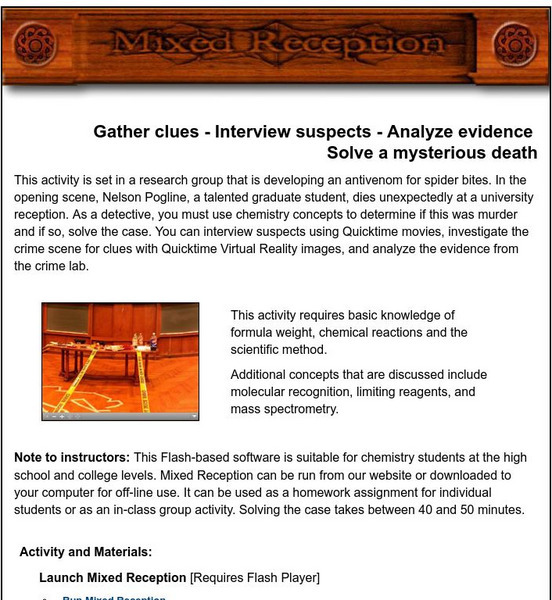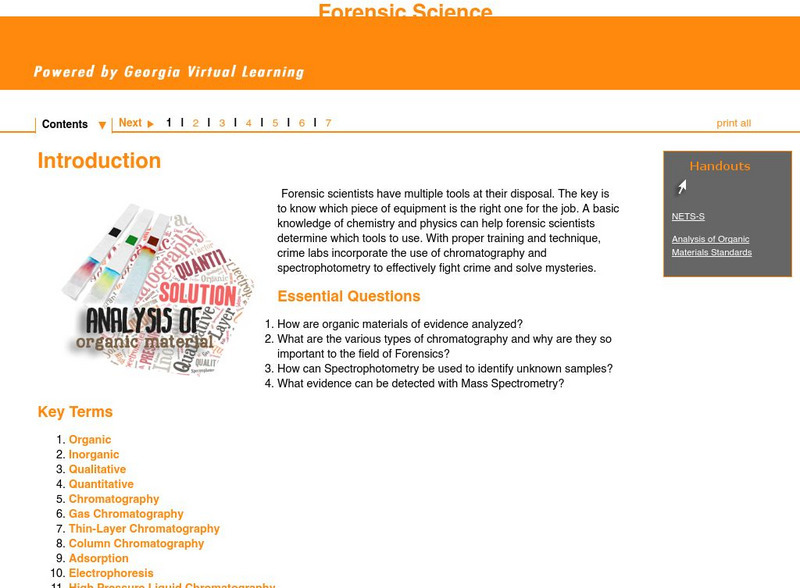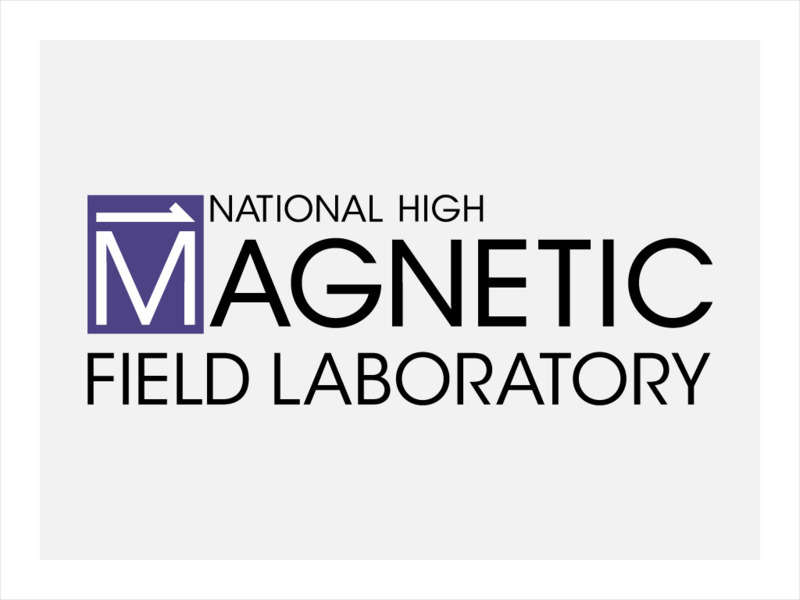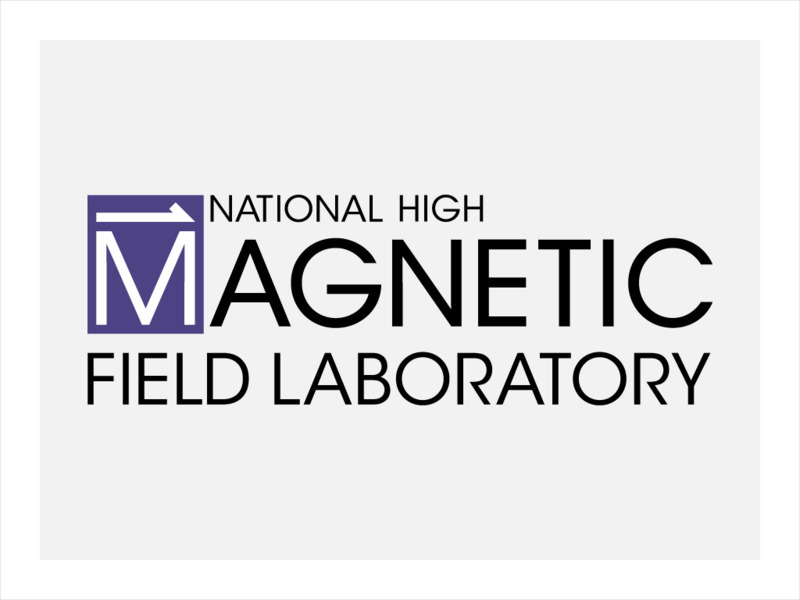Curated OER
Radiochemistry
In this radiochemistry worksheet, students read about how scientists learn more about elements using radioactive isotopes. Students answer three critical thinking questions about the reading and radiochemistry.
Chemistry Collective
Chem Collective: Mixed Reception
Participate in the investigation of a virtual crime scene using chemistry concepts to solve a mysterious death. The 40-50 minute activity can be used as a classroom lab or as a homework assignment. Additionally, teachers may request a...
National High Magnetic Field Laboratory
Magnet Academy: Mass Spectrometry: How to Weigh an Atom
It's hard enough to weigh something as itty bitty as atoms or molecules. Factor in that they're careening by faster than Jeff Gordon on steroids, and you get an idea what scientists are up against. Using comet particles from NASA's...
Georgia Department of Education
Ga Virtual Learning: Analysis of Organic Materials Analysis of Organic Materialsv
This comprehensive interactive tutorial continues to explore the forensic science field. Learn how organic materials of evidence are analyzed and what the various types of chromatography are, especially why they are so important to this...
National High Magnetic Field Laboratory
Magnet Academy: Fourier Transform Ion Cyclotron Resonance (Ft Icr)
FT-ICR is a powerful type of mass spectrometry, co-invented by the Magnet Lab's Alan Marshall, particularly suited to identifying heavy molecules. (Java tutorial)
National High Magnetic Field Laboratory
Magnet Academy: Mass Spectrometer (Dual Sector)
Mass spectrometers are machines that give scientists a look at the composition and origin of a material by analyzing and quantifying its atoms and molecules. This tutorial shows how a dual sector mass spectrometer works. (Java tutorial)
National High Magnetic Field Laboratory
Magnet Academy: Mass Spectrometer (Single Sector)
Mass spectrometers are machines that give scientists a look at the composition and origin of a material by analyzing and quantifying its atoms and molecules. This tutorial shows how a single sector mass spectrometer works. (Java tutorial)
BBC
Bbc: Gcse Bitesize: Analyzing and Identifying Substances Aqa
This lesson focuses on analyzing and identifying substances. Substances can be analyzed using a variety of methods including paper chromatography, gas chromatography and mass spectrometry. After reading about the different techniques,...
Cosmo Learning
Cosmo Learning: Chemical Structure and Reactivity
A collection of video lectures from a professor at the University of California, Berkeley for a chemical structure and reactivity course. The course teaches about aromatic compounds, electronic spectroscopy, and the reactivity and...
Cosmo Learning
Cosmo Learning: Chemistry 3 B: Chemical Structure and Reactivity
A collection of video lectures from a chemical structure and reactivity course taught at the University of California, Berkeley. The course teaches conjunction, aromatic theory, carbonyl compounds, carbohydrates, amines, carboxylic acid....
Other
Umea University: The Analytical Chemistry Springboard
This site provides links to pages with information and techniques on analytical chemistry.
National High Magnetic Field Laboratory
Magnet Academy: Mass Spectra
The mass spectrum of a material, deduced using a machine called a mass spectrometer, reveals how many isotopes of a given element are to be found in the material. See here what these spectra look like and how they are useful. (Java...












